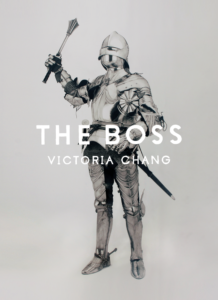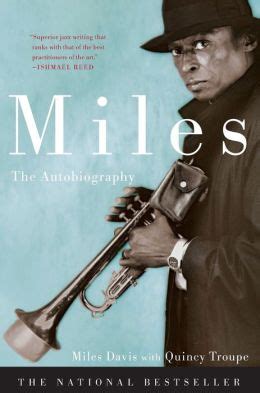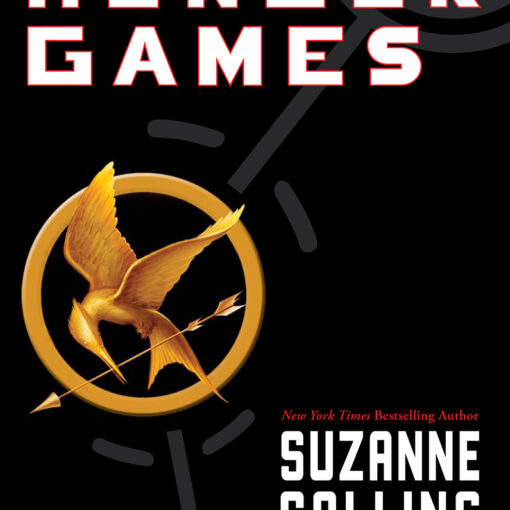It’s National Poetry Month, so members of the BMCC Reads team are sharing our thoughts about works of poetry we are reading!
 Victoria Chang wrote the poems in The Boss, her third book of poems, in a car while waiting for her four-year-old daughter to finish her Saturday Chinese-language class. She told McSweeney’s, her publisher, “I parked my car in front of a tree and opened my notebook and started writing. The fact that the same tree was there, stationary, and waiting for me week after week, actually showed up in one of the poems, I think.” Urgent, unpunctuated, repetitive, the poems reflect the qualities of a mind in crisis.
Victoria Chang wrote the poems in The Boss, her third book of poems, in a car while waiting for her four-year-old daughter to finish her Saturday Chinese-language class. She told McSweeney’s, her publisher, “I parked my car in front of a tree and opened my notebook and started writing. The fact that the same tree was there, stationary, and waiting for me week after week, actually showed up in one of the poems, I think.” Urgent, unpunctuated, repetitive, the poems reflect the qualities of a mind in crisis.
The first poem, “I once was a child,” launches the reader directly into an engagement with this mind:
I once was a child am a child am someone’s child
not my mother’s not my father’s the boss
gave us special treatment treatment for something
special a lollipop or a sticker glitter from the
toy box the better we did the better the plastic prize made
in China one year everyone got a spinning top
one year everyone got a tap on their shoulders
one year everyone was fired everyone
fired but me one year we all lost our words one year
my father lost his words to a stroke
a stroke of bad luck stuck his words
used to be so worldly . . .
The reader must work to make sense of the syntax in this poem, composed of unpunctuated fragments and run-ons. Words are repeated (“I once was a child am a child am someone’s child”), their meanings shifting (“lost his words to a stroke” and “a stroke of bad luck”). Words also suggest similar sounding words (the short i in “sticker” and “glitter,” “top” and “tap,” “words” and “worldly”), reflecting the overall associative logic of the poem.
These techniques are applied throughout the collection. Among the crises the narrator is dealing with is her father’s aphasia—words lost to his stroke—and the jumble of words that compose each poem resembles her father’s struggle with language. As the narrator says in “My father says”: ”My father says the wrong things I say the wrong things.” Eight stanzas long, this poem is—ironically, given that its subject is a difficulty with speech—the longest in the book. Most of the poems are four to six stanzas long, and all stanzas have four lines, as though in an attempt to impose some kind of order on the otherwise unruly language.
In addition to the narrator and her father, the characters that appear again and again in the poems are the narrator’s daughters and “the boss,” a seemingly all-powerful woman looming and watching over an undifferentiated “we”:
The boss looks over us the boss likes us the boss
irks us hurts us the boss smiles
at us smirks at us the boss lies to us confirms
her offer of employment the boss
gives us provides us deploys us . . .
Other poems feature characters in paintings by Edward Hopper, including Office at Night, Chair Car, New York Office, Automat, Office in a Small City, and Conference at Night. Some paintings are dealt with in more than one poem, the obsessive narrator unable to make up her mind about what is going on in the scene portrayed in the painting.
A decade after it was first published, this book remains formally exciting, as the narrator’s play with the arbitrary features of words (their sounds) pries loose the truth and deep feeling, as in “I am afraid to be afraid”:
I am afraid to be afraid too afraid
to be me of what will happen if you open
this box of me for the boss to see
I am afraid of the boss that we
are lost my father is lost . . .
Making sense of the snarled language in these poems is well worth the effort.
Get the book! Check out The Boss by Victoria Chang at BMCC’s Library, the New York Public Library, the Brooklyn Public Library, or the Queens Public Library. Poems from this book can also be read at Asian American Writers’ Workshop and Blackbird.
 About the author Rachael Nevins is an adjunct librarian at BMCC and also a writer, voracious reader, and long-distance runner.
About the author Rachael Nevins is an adjunct librarian at BMCC and also a writer, voracious reader, and long-distance runner.

This work is licensed under a Creative Commons Attribution-NonCommercial-NoDerivatives 4.0 International License.




